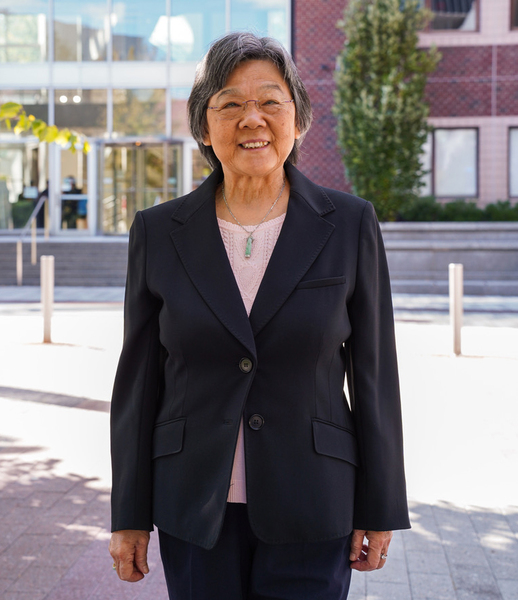
A research scientist and internationally recognized authority in the field of blood cell development reflects on 45 years at MIT.
Growing up in Taiwan, Jane-Jane Chen excelled at math and science, which, at that time, were promoted heavily by the government, and were taught at a high level. Learning rudimentary English as well, the budding scientist knew she wanted to come to the United States to continue her studies, after she earned a bachelor of science in agricultural chemistry from the National Taiwan University in Taipei.
But the journey to becoming a respected scientist, with many years of notable National Institutes of Health (NIH) and National Science Foundation-funded research findings, would require Chen to be uncommonly determined, to move far from her childhood home, to overcome cultural obstacles — and to have the energy to be a trailblazer — in a field where barriers to being a woman in science were significantly higher than they are today.
Today, Chen is looking back on her journey, and on her long career as a principal research scientist at the MIT Institute for Medical Engineering and Science (IMES), a position from which she recently retired after 45 dedicated years.
At MIT, Chen established herself as an internationally recognized authority in the field of blood cell development — specifically red blood cells, says Lee Gehrke, the Hermann L.F. Helmholtz Professor and core faculty in IMES, professor of microbiology and immunobiology and health science and technology at Harvard Medical School, and one of the scientists Chen worked with most closely.
......
Continue Reading